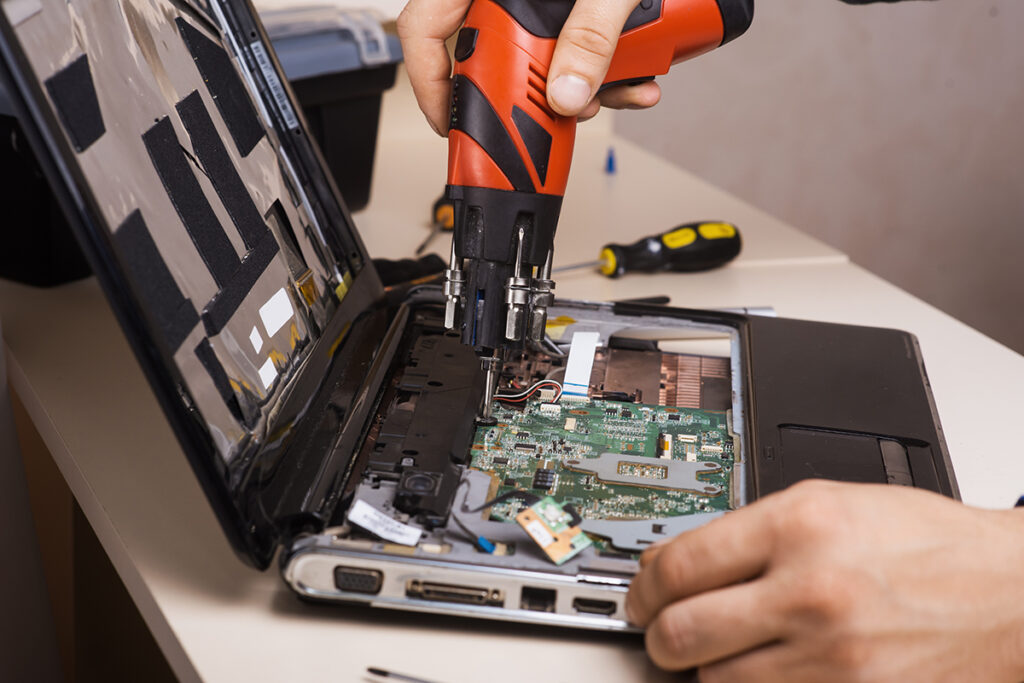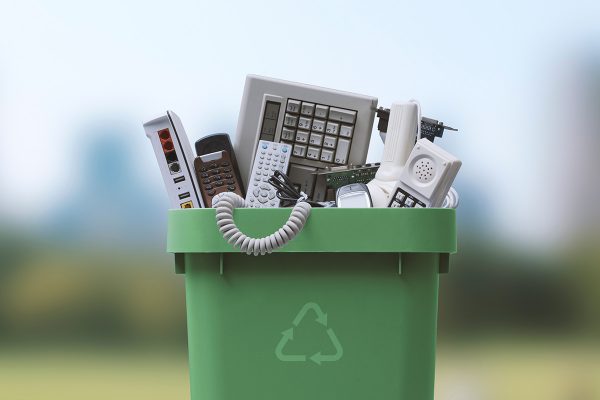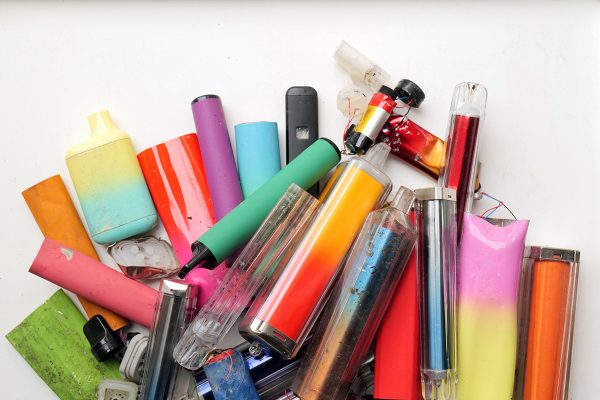A newly formed coalition of electronics industry leaders, known as CLEAR (Circular Leadership for Electronics and Recycling), is urging the UK Government to remove VAT on electronic spare parts, repairs, and labour, ahead of the upcoming autumn budget.
The move is part of a broader effort to promote sustainability within the sector and make repairs more accessible and affordable for consumers.
Chaired by James Rigg, CEO of Trojan Electronics, the CLEAR group aims to address the mounting issue of electronic waste and the barriers preventing consumers from repairing rather than replacing electrical items.
Key stakeholders from leading brands, including ProCook, Positec Power Tools Europe, and representatives from Glen Dimplex Home Appliances and Melitta, gathered on October 4th to discuss the group’s first report and proposed initiatives.
At the top of the agenda was the removal of VAT on electronic repairs, which Rigg described as a “crucial step” toward creating a more circular economy.
With the upcoming budget, we believe it’s essential to focus on VAT reduction as the first step toward broader circularity measures. This will make repairs more affordable, reduce electronic waste, and promote sustainability.
45% of consumers say that it’s cheaper to buy a new item than have their existing one repaired. Many hesitate to repair electronics when costs near the price of a new device. Removing VAT from repair services would make repairs more affordable, encouraging consumers to fix rather than replace their devices.
– James Rigg, CEO of Trojan Electronics
CLEAR is advocating for the UK Government to follow the example set by countries like Austria and France, which have introduced subsidies for electrical repairs.
Rigg believes that by removing VAT on refurbished electronics, UK consumers would be more inclined to choose repair options, significantly cutting down on e-waste.
Trojan’s recent survey reveals that 82% of consumers recognise their role in reducing e-waste, highlighting a growing demand for sustainable solutions. However, to make repair a viable option, the government needs to take action. This means removing VAT and creating easy-to-use platforms for consumers to find local repair services.
The group also discussed a range of other proposals, including a traffic light system for electronic goods—similar to food labels—enhanced Right to Repair legislation, and improvements to kerbside collection services for discarded electronics.
Research by CLEAR highlighted consumer frustration with the high cost of repairs. More than half of respondents said repair costs deterred them from fixing broken items, with 45% stating it was cheaper to buy new products. Additionally, 85% of consumers supported stronger government action on sustainability in the electronics sector, and 91% backed the removal of VAT on electrical spares and labour.
The formation of CLEAR is seen as a significant step forward in tackling electronic waste, with the group expected to play a pivotal role in shaping the future of circularity within the industry.









